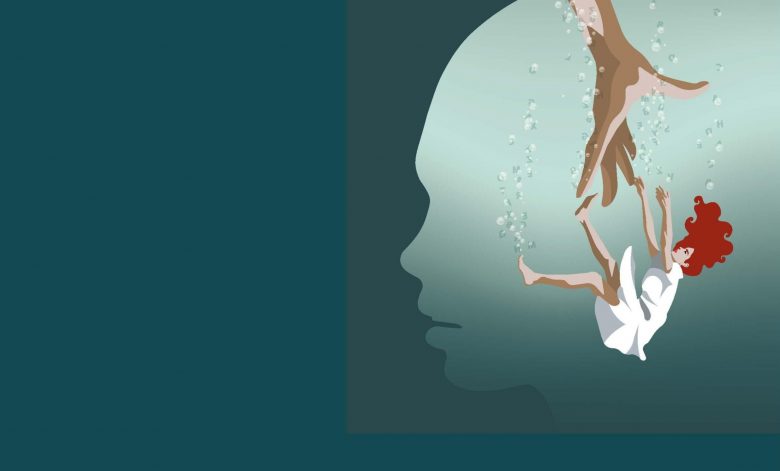
When I tell people I am a clinical psychologist they often say, ‘Oh no, I hope you’re not going to analyse me.’ I’m not, don’t worry! But I do find people interesting and what is endlessly fascinating in my job is meeting people of all ages and backgrounds and talking to them about their lives. It is often demanding as I see people who have a lot of difficulty in their lives, but it is also a real privilege when someone trusts you enough to open up to you, and inspiring to be part of someone’s journey back to health.
Clinical psychologists (CPs) usually work in the NHS. After our undergraduate degrees, and having gained some work experience, we spend 3 years on a doctoral training programme. During this time we work in the NHS with different client groups — for example, people with learning disabilities, people with mental health problems, older adults, and children and families. Once qualified, we usually specialise in one area.
Your organisation does not have access to this article.
Sign up today to give your students the edge they need to achieve their best grades with subject expertise
Subscribe



